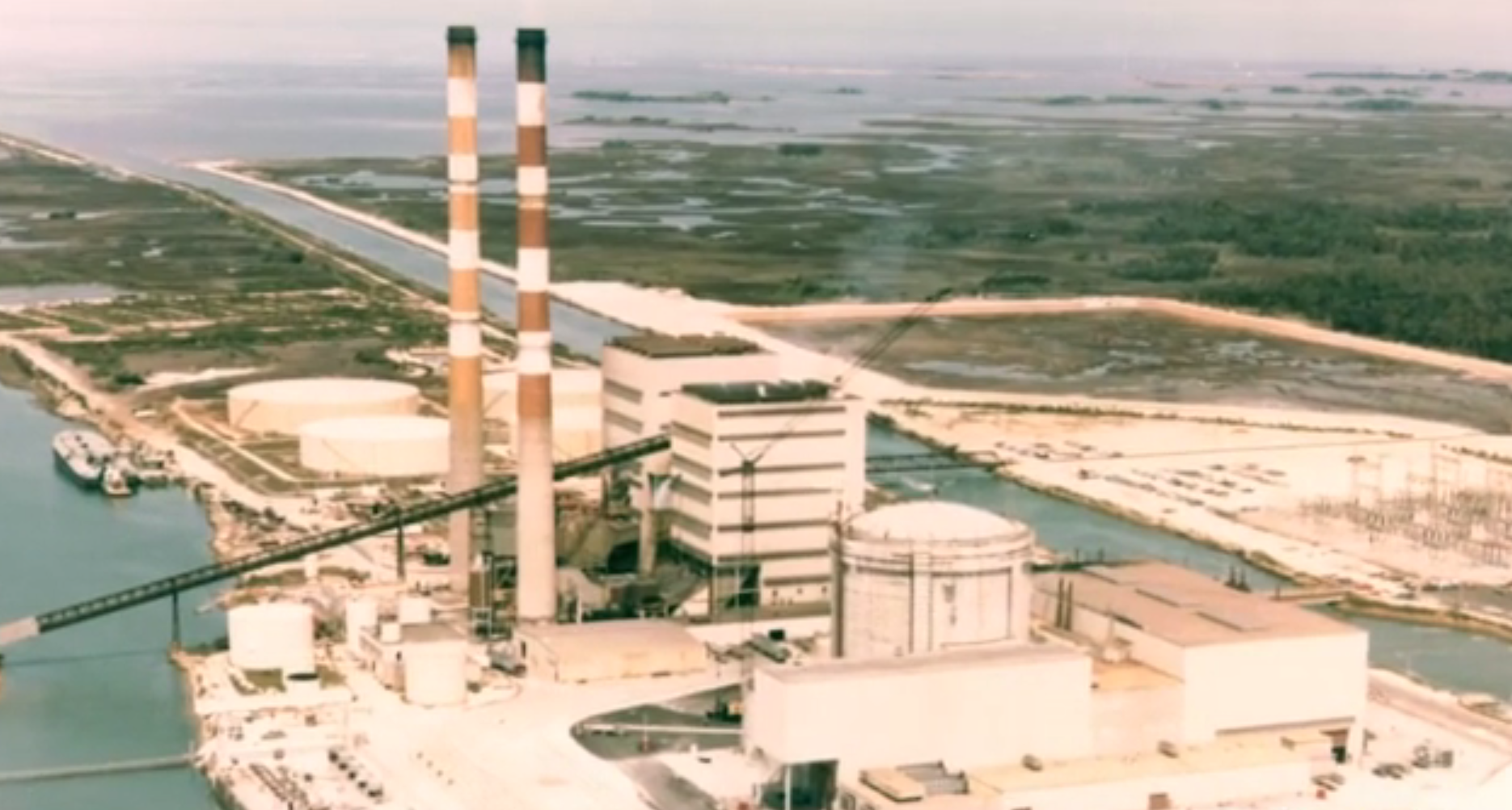WASHINGTON — As some nations eagerly pursue nuclear energy, America is going slow.
While China is building 24 new reactors, the United States has only five nuclear power plants under construction – Watts Bar 2 in Tennessee, Vogtle 3 and 4 in Georgia and V.C. Summer 2 and 3 in South Carolina, according to the World Nuclear Association.
“Nuclear is not the technology we leave for others,” said Andrew Paterson, who works on sustainable energy at the Verdigris Capital Group. “We can’t just go back to our victories in history.”
Since the 1950s when the U.S. started designing and launching reliable nuclear power plants, America has built 99 nuclear power reactors in operation in 30 states, generating up to 807 billion kWh per year and accounting for 20 percent of total electricity generated, according to World Nuclear Association data.
Industry and government representatives talked about the problem Tuesday at the Global Nuclear Energy Markets Summit hosted by the United States Nuclear Infrastructure Council.
Walter Howes, who also works on sustainable energy at the Verdigris Capital Group, said while advantages in nuclear energy supply once contributed to America’s leadership in the industry, today the driver of global nuclear energy market is driven by demand since many other countries have also developed the technology.
And the demand for the profitable business is overseas. “Even after Fukushima, there are 30 countries still actively pursuing nuclear energy worldwide,” said Paterson.
“Every $1 billion the U.S. makes from export could create 6000 additional jobs in the country,” said Chandra Brown, of the Department of Commerce International Trade Administration. She said the U.S. is trying to develop partnerships with Asian countries and expecting the renewed 123 Agreement, a nuclear energy cooperation deal worth of billions of dollars between the U.S. and China.
But many people in the U.S. oppose to nuclear power because of the safety issues raised after Fukushima nuclear disaster.
In 2011, a tsunami triggered by a magnitude 9.0 earthquake hit the Fukushima I Nuclear Power Plant in Japan. The plant melted down and released highly radioactive materials, posing health threats to residents in the area.
According to the World Nuclear Association, people in Germany remain broadly opposed to nuclear power with virtually no support for building new nuclear plants. K.P.Lau, president of Fraser Energy Consulting, said Chinese government also added requirements of safety review in nuclear energy regulations after the Fukushima disaster.
But Eric Loewen, chief consulting engineer at GE Hitachi, which provides advanced reactors and nuclear service, said the company now can provide clean, affordable and safe nuclear energy to America because of new technology adopted in advanced reactors.
Jeffrey Merrifield, former commissioner to the U.S. Nuclear Regulatory Commission, said in order to ensure safety, more advanced reactors need to be built, and that pre-licensing regulations should allow more small reactors to get into the game.
Merrifield said although there are many white papers for promoting nuclear energy, not many new reactors, especially advanced reactors, are being built in the U.S. “The lack of progress has to change,” he said.
“We need to get things done, but if we want to keep the 20 percent share in electricity generation, we will need another 30 reactors by 2030,” said Loewen.
Rep. Randy Weber, chairman of Subcommittee on Energy of the House Committee on Science, Space and Technology, said policymakers need to make sure the regulations are made right for the industry. “If we don’t encourage nuclear technology innovation at home, more and more companies will turn to opportunities overseas,” he said.
U.S. companies are also facing funding problems. According to GE Hitachi, the company has been pushing the Congress to reauthorize the expired Export-Import Bank, a federal credit agency that helps financing export of American goods and services.
Paterson said the nuclear industry should rely not only on financial market, but also a well-rounded national strategy for funding, and that the U.S. nuclear energy industry will need federal leadership to regain its competitiveness in globe market.

